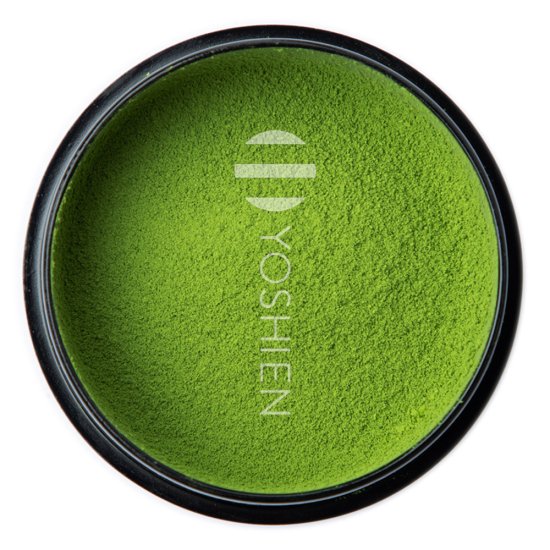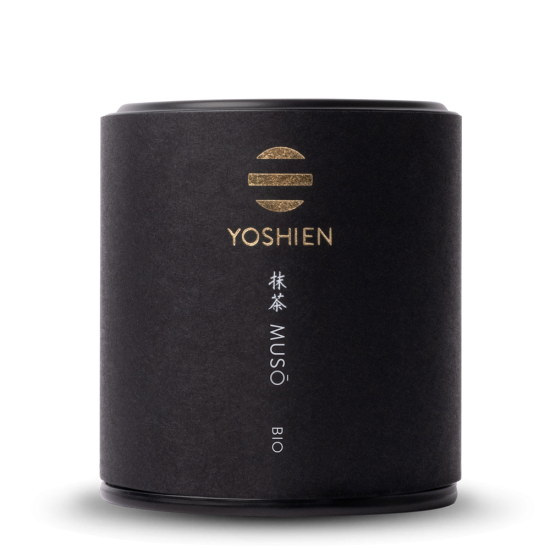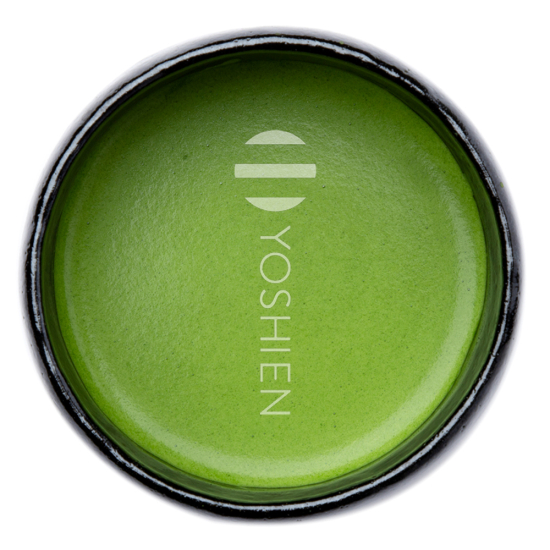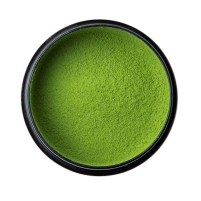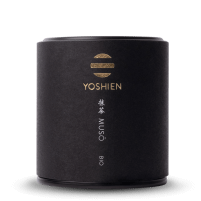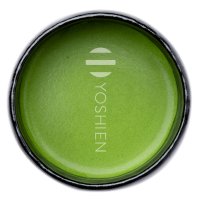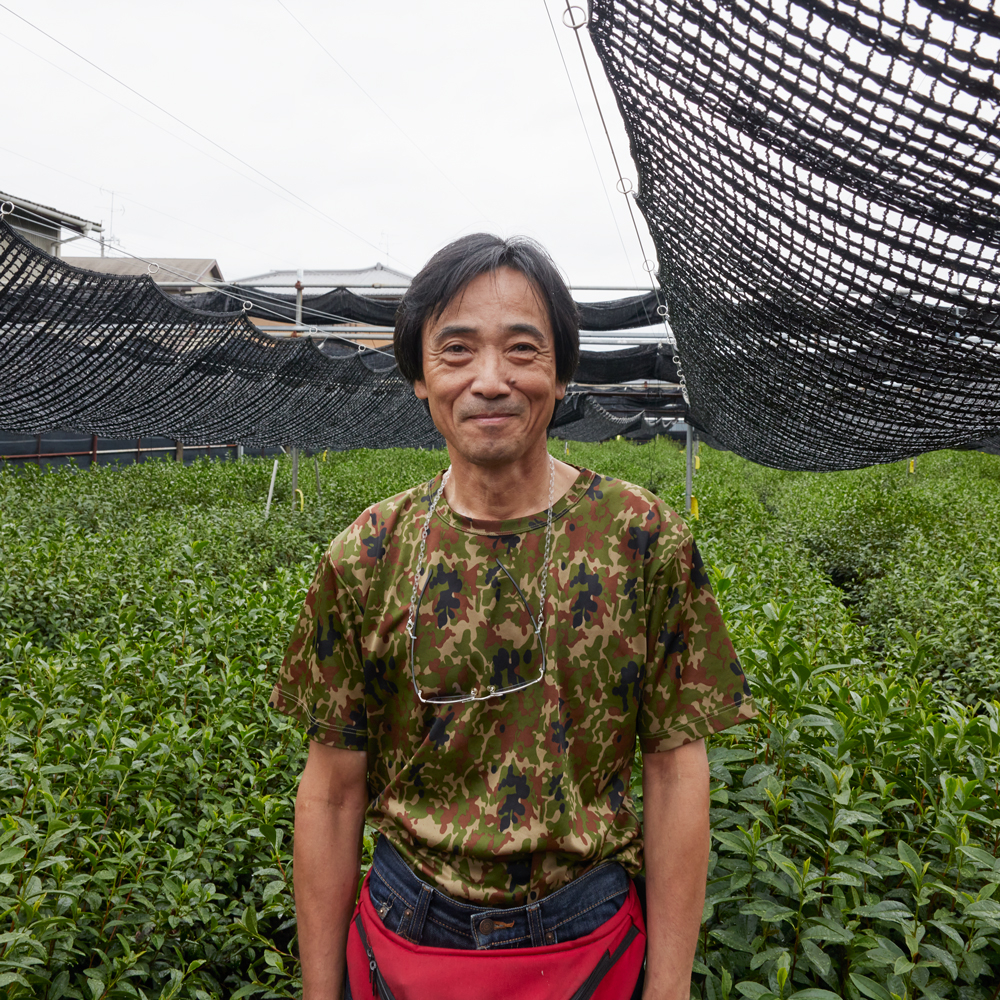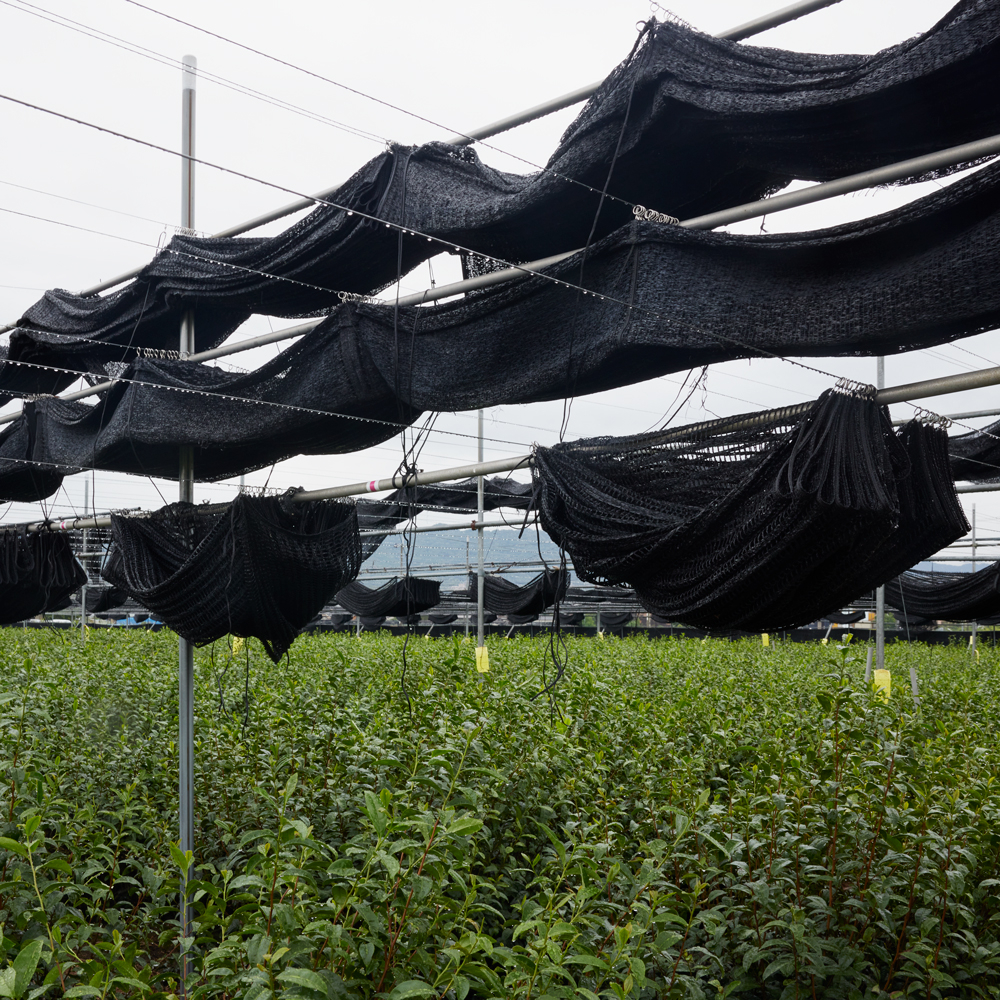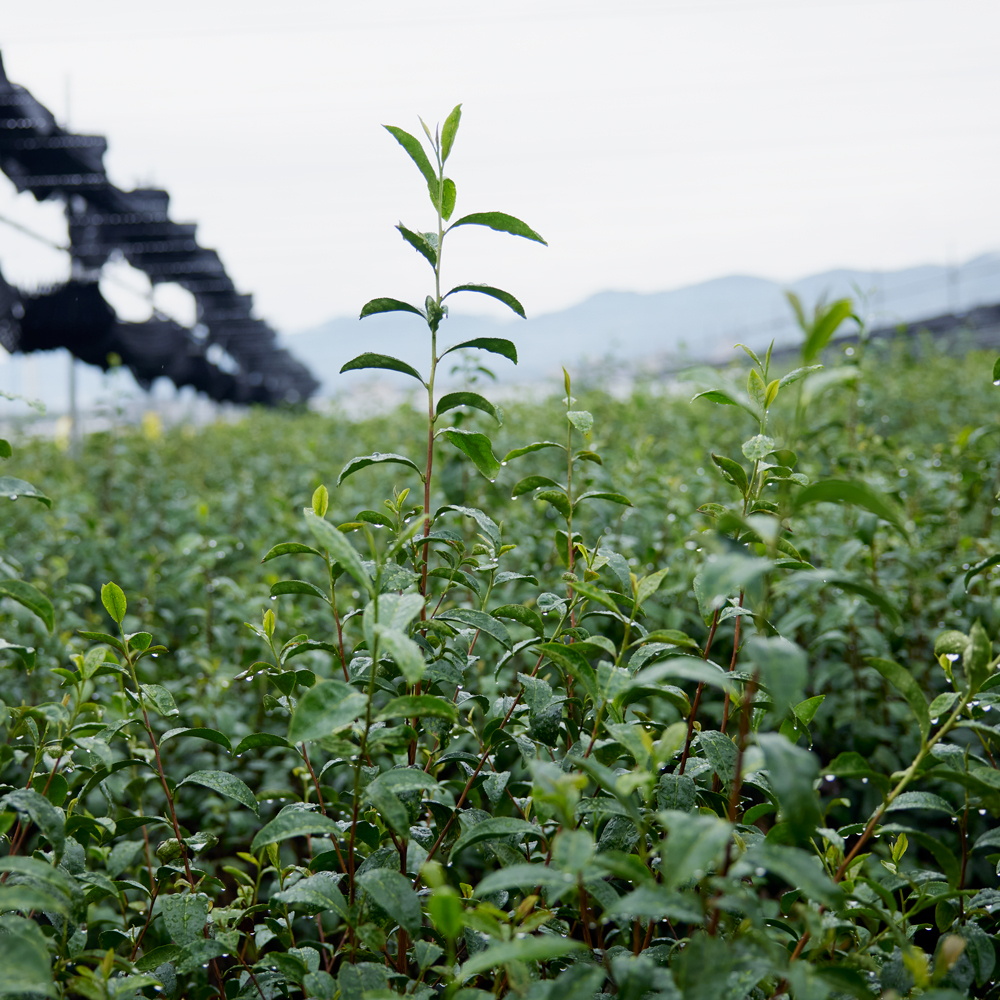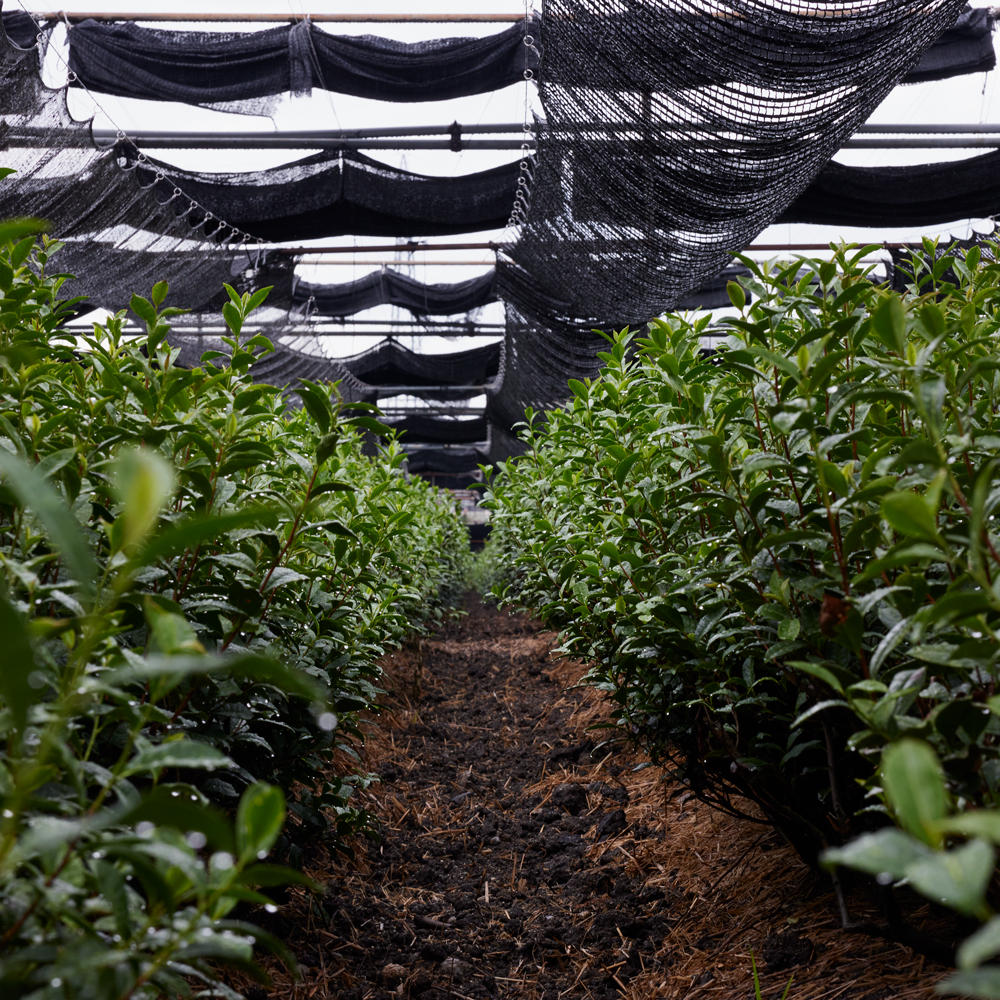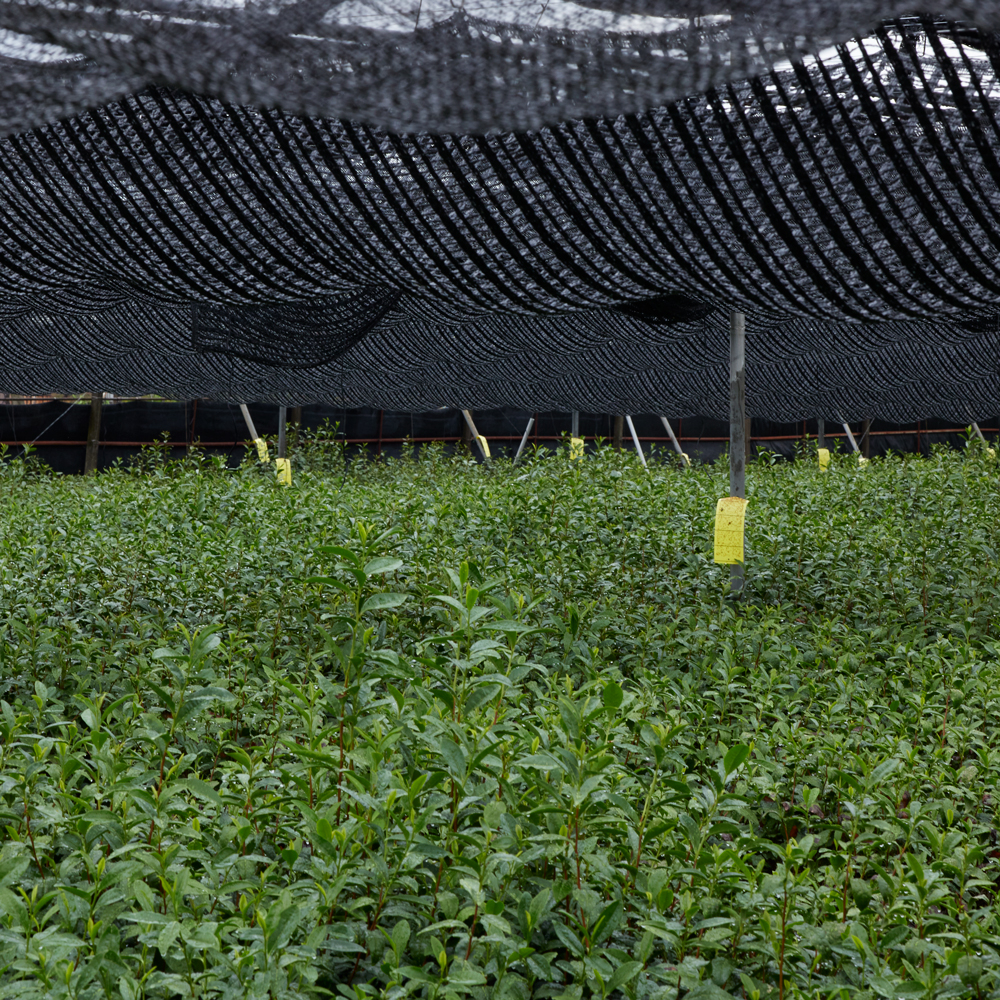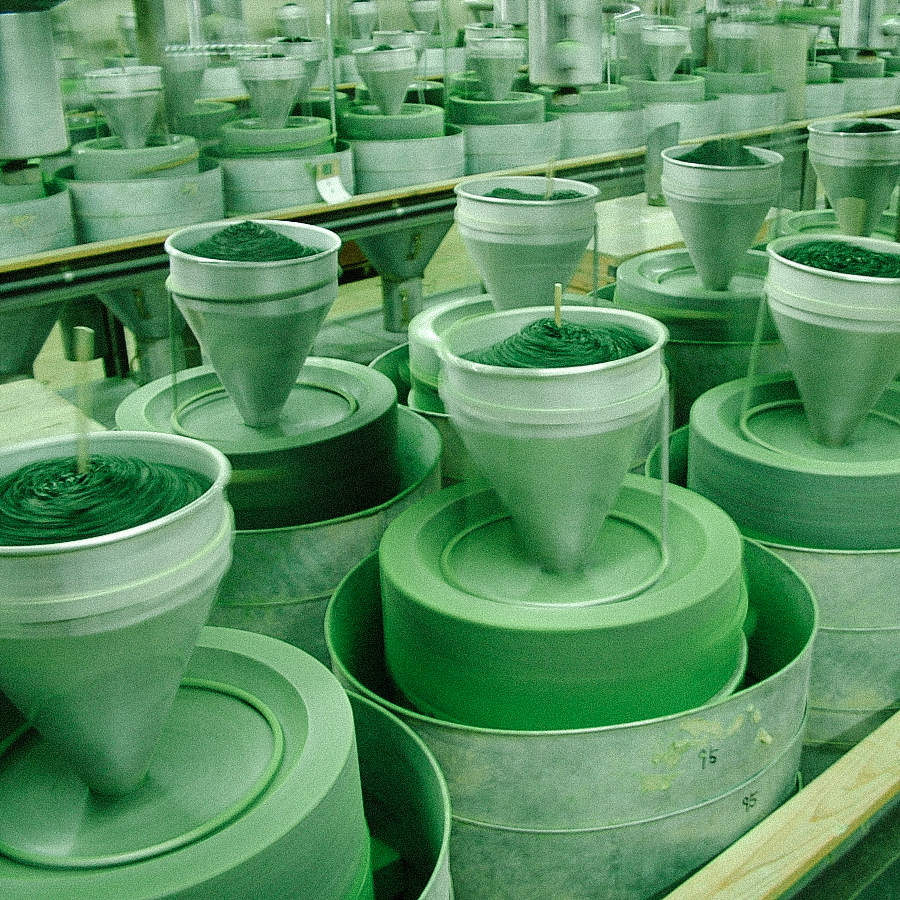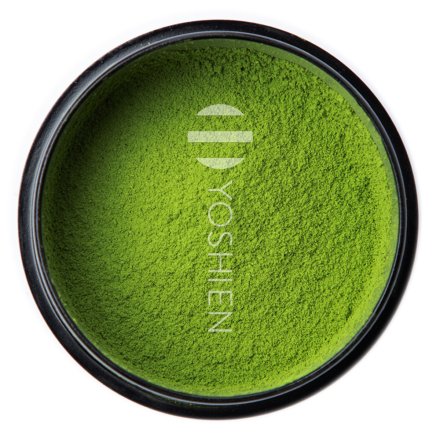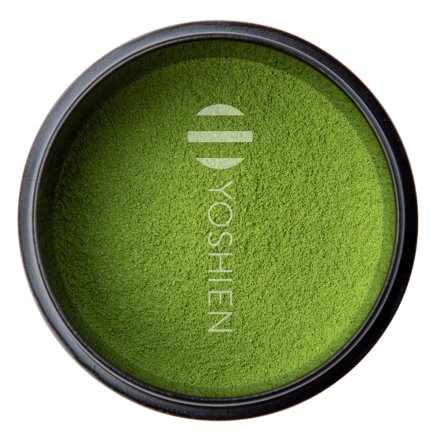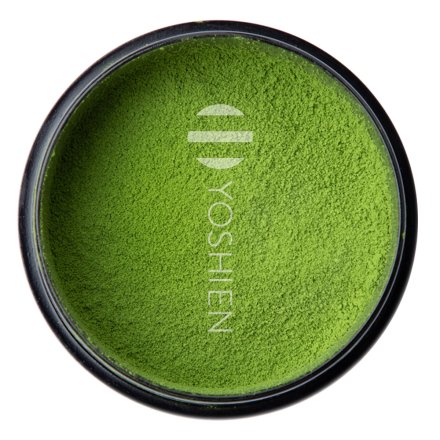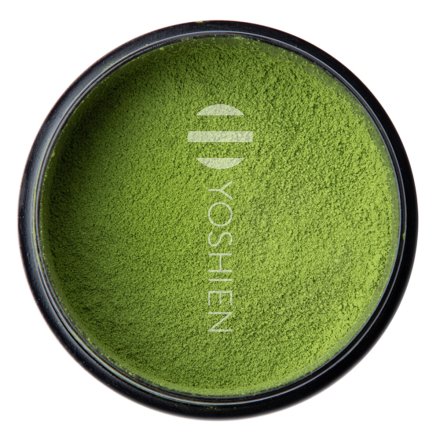Mr Nakanishi achieves incredible things on his small tea farm in Uji, which spans only a few hectares. The small quantities of organic matcha that he produces can easily compete with the best conventionally-grown ceremonial-grade matchas. This is made possibly by his unique, careful cultivation and shading methods, along with his in-depth knowledge of different cultivars. His homemade organic fertiliser, which is applied eight times a year, and his three-stage shading system, which can always be perfectly adapted to seasonal conditions, ensure that each harvest brings out the very best from every single cultivar. In the final step, he grinds the tea himself directly on-site on traditional stone mills. Each of these factors contribute to the outstanding quality of his organic matcha, featuring a beautifully intense emerald green colour and an exceptionally creamy quality.
Uji is the birthplace of Japanese tea culture and, with the former floodplain of the Uji River, offers plenty of fertile soil for tea cultivation. Since the early Japanese Middle Ages, Uji has been regarded as a premier tea-growing region, and to this day, some of the country’s finest matcha, gyokuro, sencha, and hojicha are produced here. Due to the competitive pressure, organic cultivation is relatively rare, and it takes years of experience to achieve the highly sought-after, rich, and harmonious umami flavour. However, increasing international demand for high-quality organic matcha suggests that a shift may be underway – led by pioneers like Mr Nakanishi.
Single Origin
This matcha comes 100% from the above-mentioned tea field in Uji and is packed airtight for us directly on site. Sourced directly from the farmer.
Organic Certification






